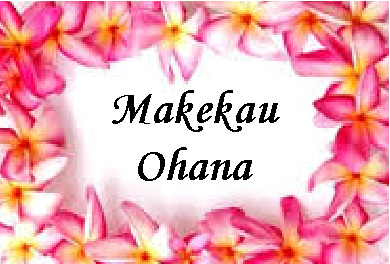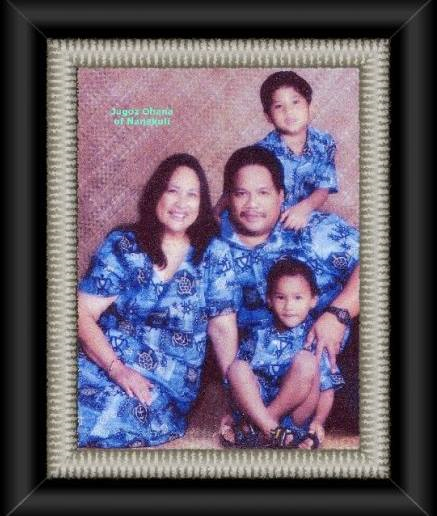|
Kona, Hawaii Translation "South" Pukui/Elbert  |
|
|
I chose Kona as wahipana, because it is the birthplace of our ancestor Abel Kelii O Nuuanu Makekau, who was born at Kona in the year 1819. That same year Kamehameha the Great
passed away it is said Ke Ali'i spent the final years of his life in Kona. Following the death of Kamehameha, Kaahumanu his wife, and Kamehamehas son Liholiho came to power, they favored the abolishment of the Kapu system. Kekuaokalani a cousin of
Liholiho, and his followers wished to preserve the traditional Hawaiian ways. The conflict that ensued was known as the battle of Kuamo'o.
|
|
Chiefess Manono a historic figure in Hawaiian History was killed in the Battle of Kuamo`o in 1820. It was a turbulent period in Hawai`i. Kamehameha I died
on May 8th of the previous year, and his son Liholiho became Kamehameha II. At that time, the native society was split between keeping the "traditional"
societal structure known as the "`Aikapu " or abandoning it. In October 1819, the Kapu system was formally abolished under the leadership of Liholiho and
Kamehameha I's favorite wife Ka`ahumanu. Thereafter, the "`Ainoa" was established.
Many Hawaiians still believed in the traditional system and fought to uphold it. Chiefess Manono was married to Kekuaokalani, a cousin of Liholiho. In King David Kalškaua's book "The Legends and Myths of Hawai`i," he refers to Kekuaokalani as "The Last Great Defender of the Hawaiian Gods" in his chapter entitled "The Destruction of the Temples." A fierce battle in defense of the Kapu system took place in January 1820, led by Kekuaokalani and Manono, and they were defeated by Liholiho and his followers. Their slain bodies and those of their fallen comrades were covered with lava rocks and to this day remain at the Kuamo`o battle/grave site, found at the south end of Ali`i Drive in Kona. |


Kona Jugoz's Profile

OHANA OF ABEL KELIIONUUANU & MELE KAHIWA
|
|
Mahalo for visiting
The Koa Tree Ohana Website - Kona
HTML Code (copy and paste)
|


